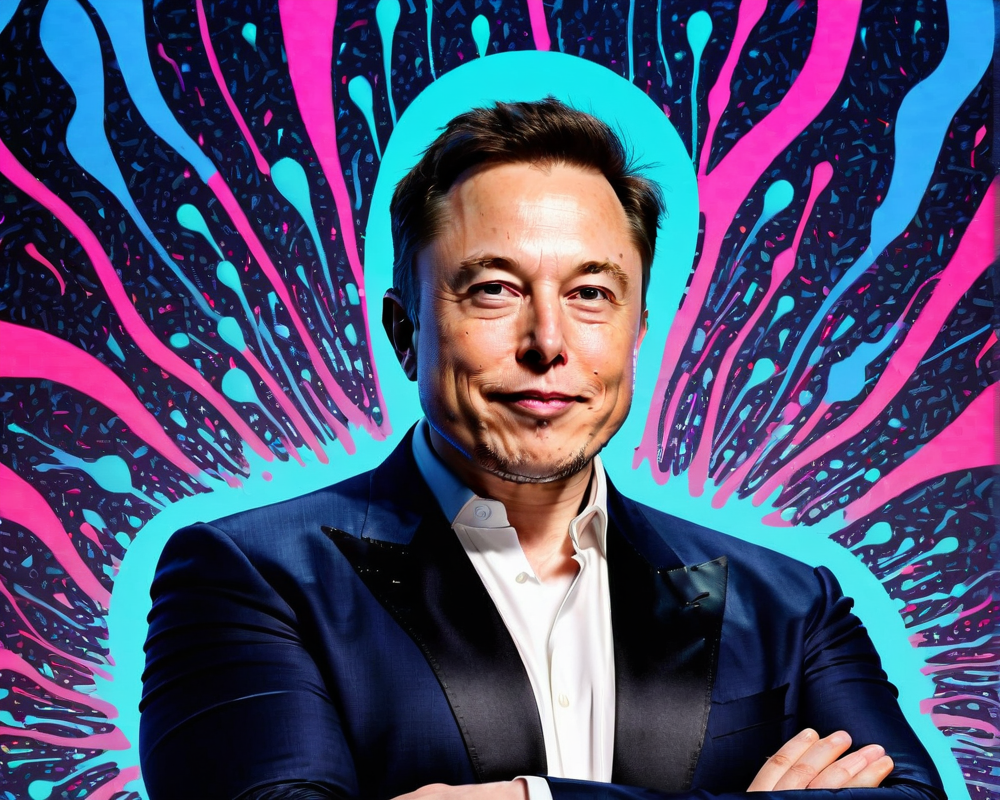The Origins of OpenAI
Elon Musk, the eccentric billionaire and outspoken tech mogul, has raised eyebrows over the shift of OpenAI from its initial nonprofit roots to a for-profit model. Back during a Tesla shareholder meeting on May 16, he emphasized how he envisioned OpenAI serving as an open-source alternative to Google’s DeepMind after its acquisition in 2014. Musk even claims he coined the name ‘OpenAI’ to embody this mission.
The Nonprofit vs. For-Profit Dilemma
In a striking analogy, Musk likened the transition of OpenAI to that of a “save the Amazon” charity morphing into a lumber company. It raises a complex legal and ethical question: Can a nonprofit place its intellectual property into a profit-driven enterprise? Musk’s assertions didn’t just elicit nods; they provoked discussions about the integrity of organizations initially built on altruism.
OpenAI’s Stance
OpenAI countered Musk’s assertions by clarifying that its nonprofit foundation was to liberate the organization from profit constraints, focusing on the progression of artificial intelligence for the greater good. However, in 2019, the organization introduced OpenAI LP, which it described as a hybrid model combining elements of both nonprofit and for-profit structures. It is this very change that sparked Musk’s critique.
From Open-Source to Closed Doors
Once heralded as an open-source platform, the evolution of OpenAI into a profit-aimed venture has left some fans feeling jilted. Musk tweeted in February 2023 about this transformation, hinting that the current model gives the impression of a high-profit, tightly controlled environment, primarily under Microsoft’s influence.
The Accusation of Closed Source
Critics have pointed out that while OpenAI started with its mission to democratize AI, the current trajectory seems more about maximizing revenue than genuine open access. As if to add fuel to the fire, the potential release of an open-source AI model seems to be on the horizon; however, its competitiveness against paid versions raises concerns about its viability.
Financial Strategies and Future Implications
OpenAI’s strategy of attracting large capital investments, such as Microsoft’s multiyear injections, suggests it views a hybrid structure as beneficial for scaling up operations. They are reportedly also dabbling in other ventures, such as Worldcoin—a cryptocurrency project requiring yet more funds. Will this new direction benefit humanity, or are we doomed to navigate the murky waters of corporate profit motives?
What Lies Ahead for AI?
As these developments unfold, the AI landscape remains rife with questions about profitability, accessibility, and ethical implications. Will OpenAI revert to its roots, or will it continue on this path of financial gain? Only time will tell whether Musk’s worries are prescient or just another day in the life of a tech philosopher.




